Serendip is an independent site partnering with faculty at multiple colleges and universities around the world. Happy exploring!
An Evolving Occasion of Indeterminate Duration
In honor of Paul Grobstein
Written and Read by Alice Lesnick, Anne Dalke, Elizabeth
McCormack, Wil Franklin, Mark Lord and Arlo Weil
Bryn Mawr College Faculty Meeting
September 13, 2011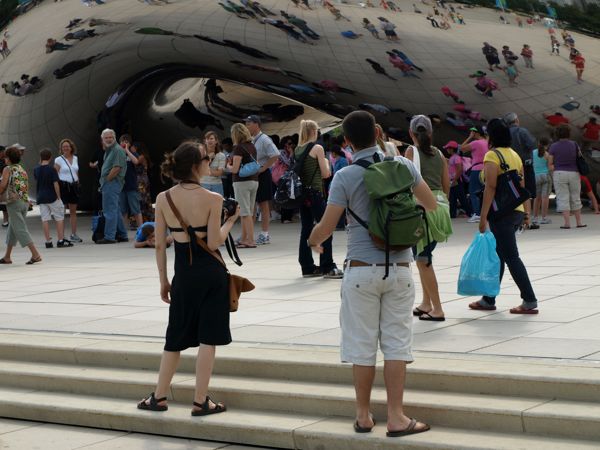
Liz:
Paul wrote: “to create new meaning … requires … an interesting blend of
humility and ambition: a willingness to listen to both oneself and others and
a belief that it is actually possible, individually and collectively, to create new
understandings.”
He meant every word.

Alice:
Paul did not want to be memorialized. He said, “maybe we could come to
see disappearance not as loss but rather as transformation, an untragic,
perhaps even joyful acknowledgement that what has lived beside us now
lives inside us.”
Mark:
And so: this afternoon, we give the immemorial “memorial minute” in a new form:
as an evolving occasion of indeterminate duration.
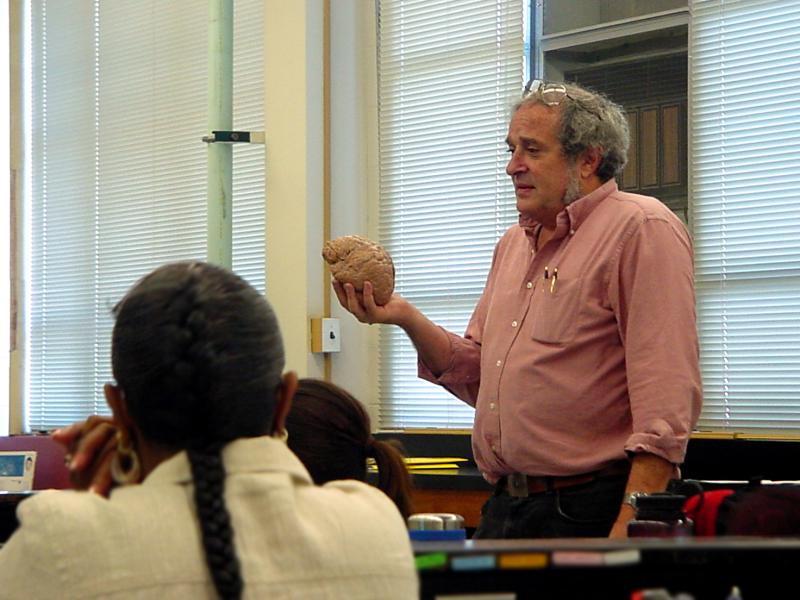
Wil:
Tamara Davis said that she found "it difficult to put into words Paul's place in my
department and my life. Paul is unforgettable. . . . My most lasting impressions are
about his ability to challenge traditional thinking . . . more than anything he wanted
us to question why . . . . I can see the mark Paul made on everyone in my department,
and though I miss his physical presence, his spirit, personality and convictions are
still very much present."
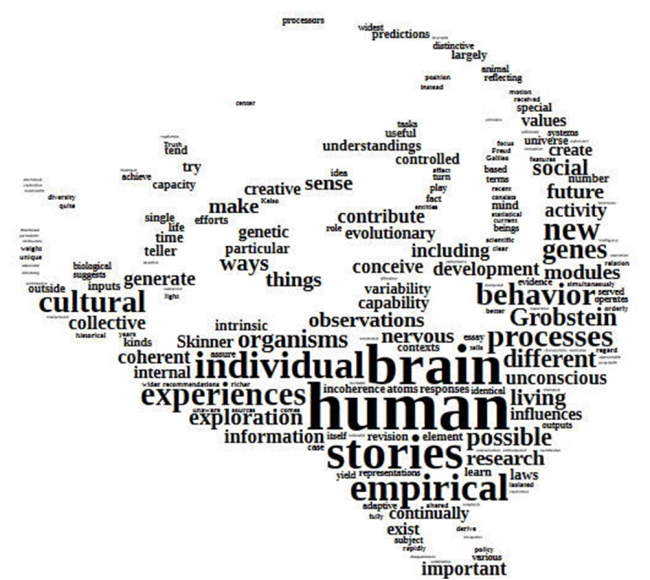
Arlo:
Peter Brodfuehrer described Paul as "a visionary who came to Bryn Mawr with a
clear idea of how undergraduate biology education -- and for that matter,
undergraduate education in general -- should be taught. He was persistent in
implementing his ideas and spreading the word to colleagues. He was way ahead
of national trends in science education.....
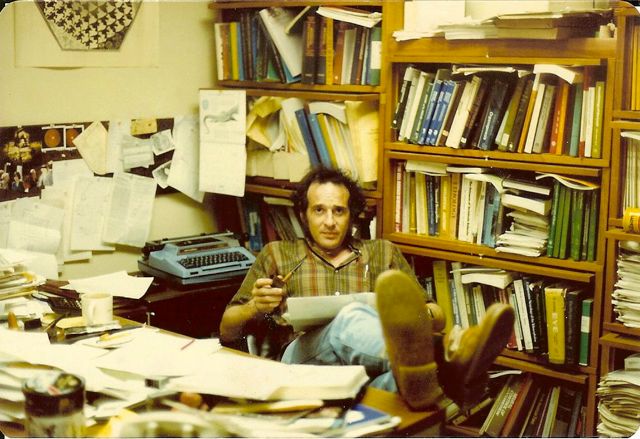
Mark:
. . . And Paul had a knack for getting people to think deeply about issues. He
could challenge an individual's beliefs without being condescending. He learned
from others."
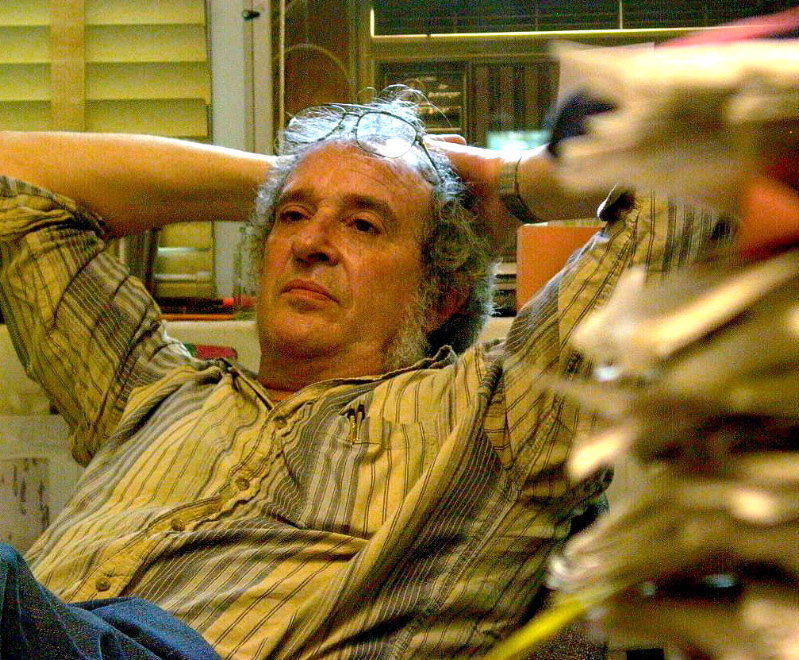
Arlo:
“It’s our BUSINESS to take intellectual risks,” he wrote, “that's what we're
paid for: to be the people within a culture who perpetually question current
understandings. And, in so doing, come up with new ‘less wrong’
understandings that we can offer to others.”
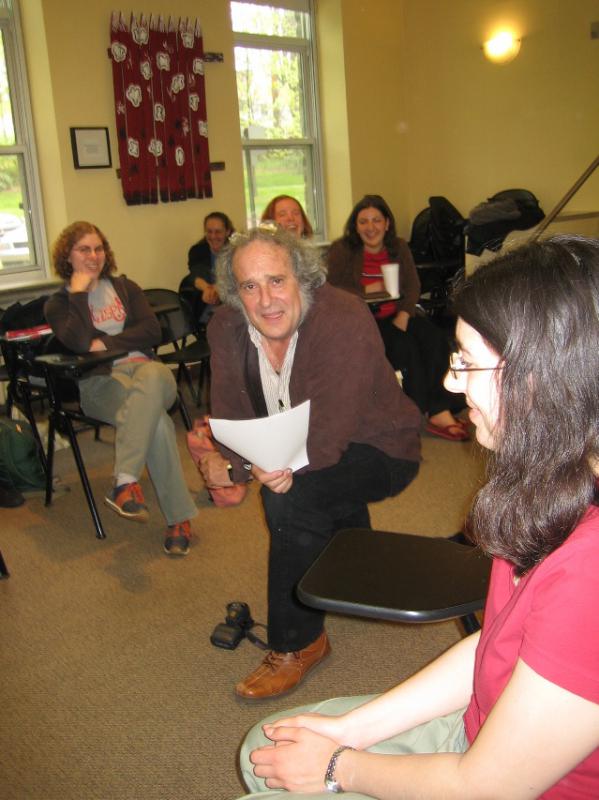
Liz:
I remember meeting Paul for the first time when I arrived at Bryn Mawr
in one of the hallways of Park. I was struck then and many times
subsequently by his eagerness to engage each new cohort of faculty
arriving on campus. He encouraged many of us to notice and nurture
a process of learning and knowledge generation fueled by the intersection
of the ideas of our students and each other. He continually sought out
opportunities to challenge himself and others to dig deeper into the sources
of meaning and understanding.
To me, he was a marvelous model of enduring intellectual engagement,
one he pursued with a keen intellect and much respect, commitment and
kindness. I never stopped learning from him.
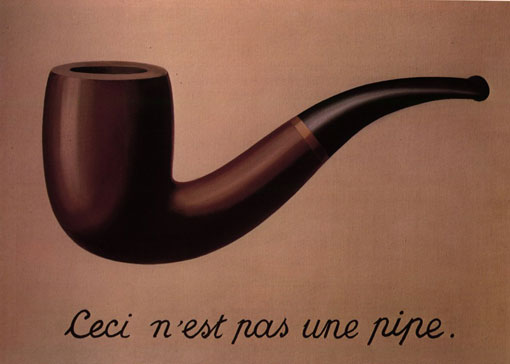
Anne:
Paul loved ambiguous figures. He celebrated randomness, chance,
and serendipity—these, he thought, make the world a place of possibility,
and give us freedom: if we don’t know what’s going to happen, if we
(therefore) can’t get it right, if we (therefore) can’t control the outcome,
then there is space for all of us to make a difference in the way the world
is going.

Alice:
Day in and day out, Paul took a path to explore the existence
and participation of human brains in the ongoing co-creation,
together with everything, of the universe.
Paul cut this path -- and now takes it in broadly networked,
time-free forms -- alone and in glad converse with others,
living and dead, human and not; as an educator, investigator,
writer, web worker, seeker, and finder; as a parent, partner,
and colleague; as a great talker and a great listener.
As Paul took this path, he led others to take theirs -- not his.
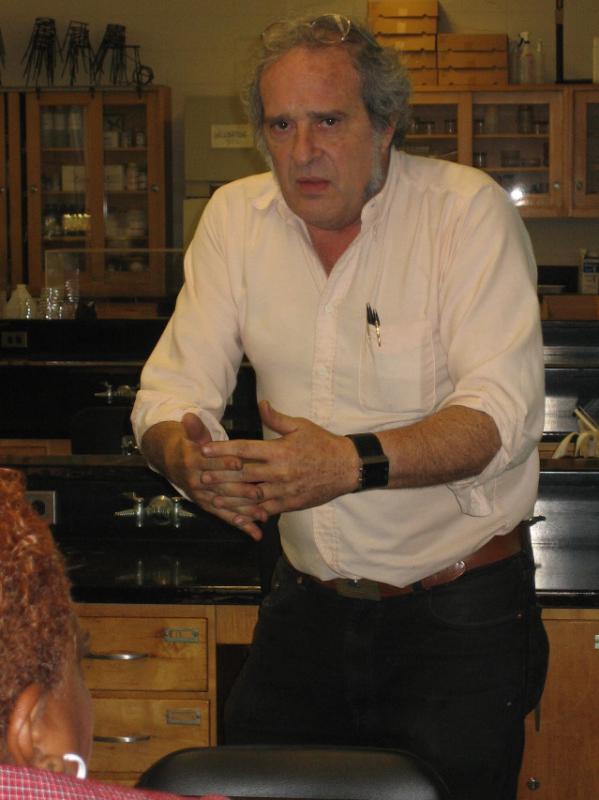
Wil:
Paul was a body of contradictions. He was playful and serious.
He was chronically optimistic and deeply sad, highly connected
to the world of ideas and remote and isolated in the world of
social interactions. Some people "got him" and others did not.
But if you were lucky enough to meet him and be open to his
approach, you could not help but be deeply and profoundly
changed in a lasting way. And for his final paradox, he may be
having more of an effect now in his death than he did in his life.

Anne:
Paul believed in—and encouraged many of us to believe in --
the possibility of individual change. He also believed in — and
encouraged many of us to believe in -- the possibility of social
change. As David Ross said, “What a marvelous, subversive
legacy Paul created at Bryn Mawr! When someone questions,
when unexpected light fills the room, when the stately dance
toward mediocrity is disrupted – I will think of Paul.”


